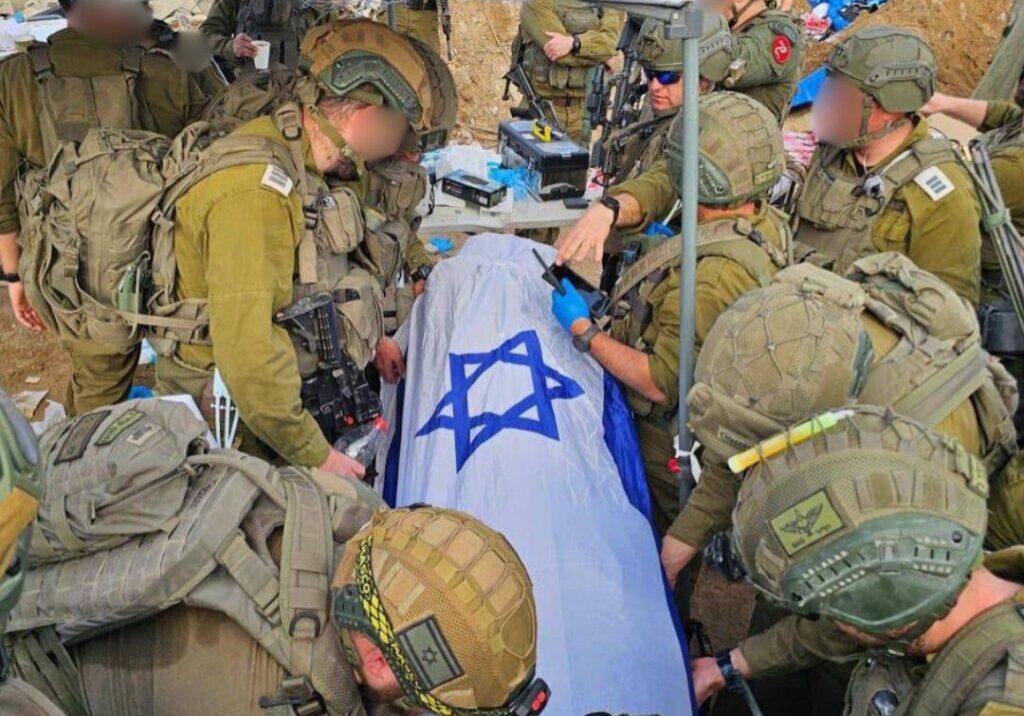Australia/Israel Review
Asia Watch: Among friends
Nov 20, 2024 | Michael Shannon

The hosting of the 16th BRICS summit by Russia in the city of Kazan in late October offered a diverse group of Asian and other nations an opportunity for diplomatic partnership-building outside the tent of United States-led Western democracies.
BRICS initially brought together Brazil, Russia, India and China in 2009 (adding South Africa in 2010) with the aim of representing the interests of the “Global South” (developing countries) and reducing the dominance of the dollar in trade and financial transactions. The group this year added Iran, Egypt, Ethiopia and the United Arab Emirates (UAE). Saudi Arabia is yet to formalise its membership despite having received an invitation to join. Up to 30 other nations have expressed interest in joining, many of whom also attended the summit.
While Russian President Vladimir Putin used the occasion to convey that Moscow is far from isolated on the world stage despite being targeted by US-led sanctions, other attendees came with their own agendas.
The first international forays of Prabowo Subianto’s Government have been keenly anticipated. The Indonesian President sent his newly-appointed Foreign Minister Sugiono – a loyalist from Prabowo’s Gerindra party – on his first foreign mission to the Kazan summit, where he declared Indonesia’s intent to join BRICS. Indonesia has for now been granted “partner country” status – a probation-like process.
The new Foreign Minister also signalled the priority of the Palestinian issue, conveying a message of support from President Prabowo to Palestinian President Mahmoud Abbas on the sidelines of the BRICS summit. “I will make sure that the issue of Palestine remains at the forefront of Indonesian diplomacy, and we will continue to stand firm with the Palestinian people,” Sugiono later announced via a statement.
Days after the BRICS summit, Sugiono and Iranian Foreign Minister Abbas Araghchi held a phone conversation to discuss expanding bilateral relations between Teheran and Jakarta, Iranian media reported. Araghchi reportedly congratulated Sugiono on his appointment and “hailed Indonesia’s condemnation of the Israeli regime’s aggression on Iran.”
While BRICS meetings offer opportunities for countries to find common cause on select issues, it would be misleading to suggest that those in attendance are seeking to break ties with the US, Europe or other Western powers.
In a press statement, Sugiono said that the BRICS membership did not mean Indonesia is changing its long-standing “free and active” foreign policy of not taking sides, adding that some BRICS priorities – food security and poverty eradication – dovetailed with those of Prabowo’s cabinet.
Yet, Prabowo’s first two months in office also includes visits to China, Japan, the United States and United Kingdom, plus Peru and Brazil for the APEC and G20 summits. If anything, Prabowo’s long political history and extensive international contacts suggest he intends a more active international role than his predecessor Joko Widodo.
Among the other countries seeking full BRICS membership is Malaysia. One of the factors driving this, Asia analyst Zachary Abuza noted recently, is protecting Malaysia’s highly lucrative semiconductor industry. Malaysia has angered Washington by offering to sell semiconductors to sanctioned countries, including Russia and Iran.
“[Malaysian Prime Minister] Anwar Ibrahim bristles at the unilateral imposition of US sanctions on what he deems is a sovereign right to conduct foreign trade… [and] views BRICS as not only a hedge against Western sanctions, but also as an alternative source of capital,” Abuza wrote in Benar News.
Meanwhile, Anwar has announced that Malaysia is preparing a draft resolution for the UN General Assembly to expel Israel from the United Nations.
The draft resolution is currently under negotiation by a core group comprising Egypt, Guyana, Indonesia, Jordan, Namibia, Norway, Qatar, Saudi Arabia and Slovenia and is expected to be presented at the UN General Assembly for approval. It proposes that Israel be removed as a member of the world body “should there be a violation of laws, rules and decisions in issues involving Palestine.”
“The draft resolution is in the negotiation process and we will study if Israel can be removed as a member of UN if there is violation of international laws,” Anwar told the Malaysian Parliament. “Strong measures, including Israel’s removal from the United Nations following Israel’s human rights violations and genocidal crimes, must be enforced as soon as possible,” he added.
Indonesia’s involvement in this move was illuminated through the statement of Anis Matta, Prabowo’s envoy to a summit of Arab League and OIC members in Riyadh on Nov. 11: “The only language that Israel… understands is the language of cruelty… The [Riyadh] summit needs to result in concrete recommendations and steps… We also urge all international organisations to isolate Israel and have their UN membership revoked.”






